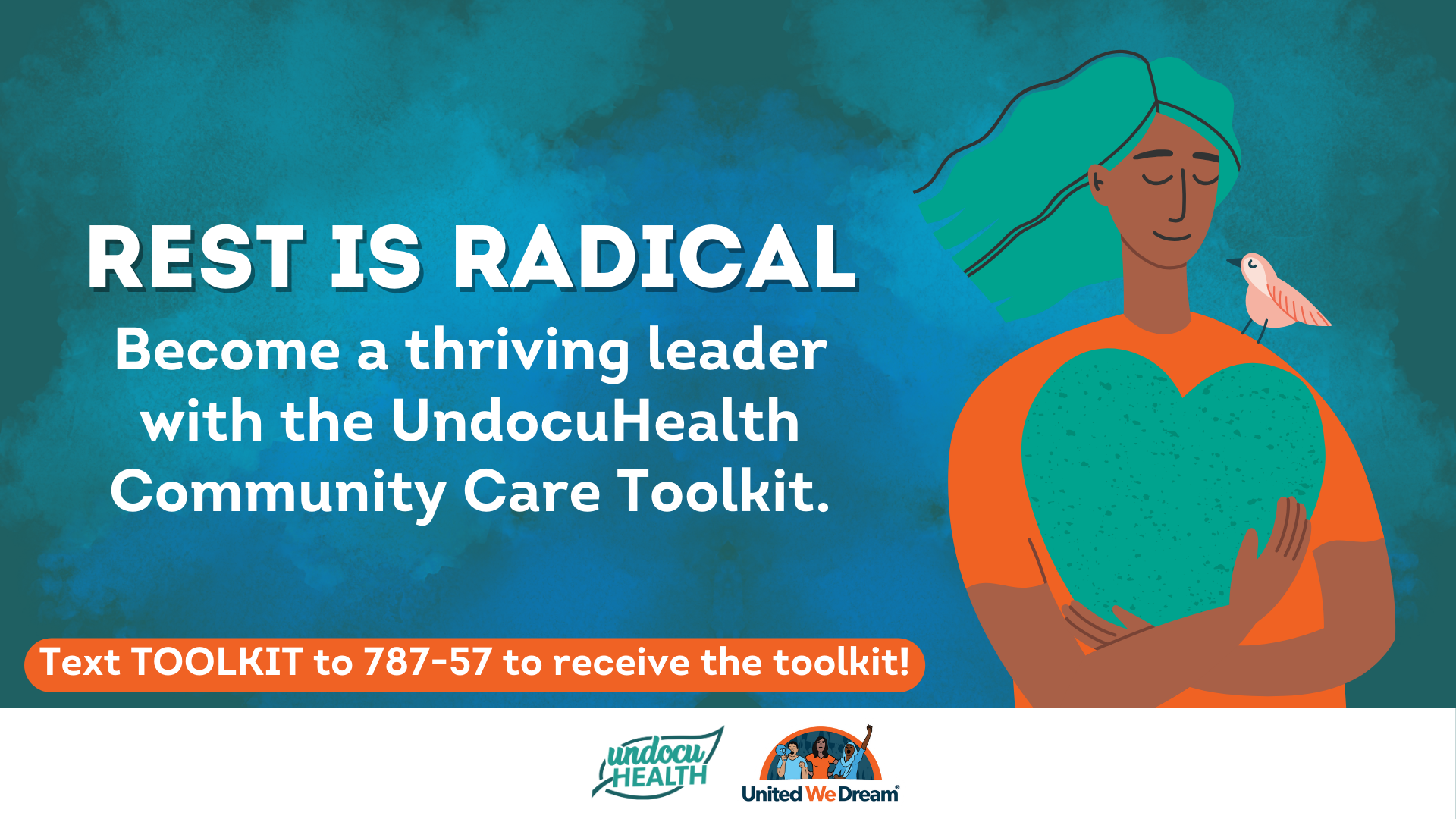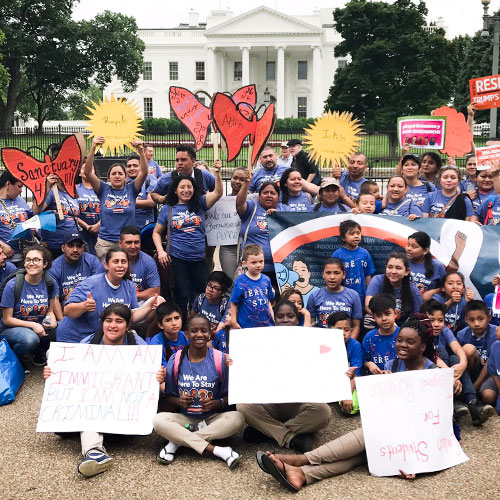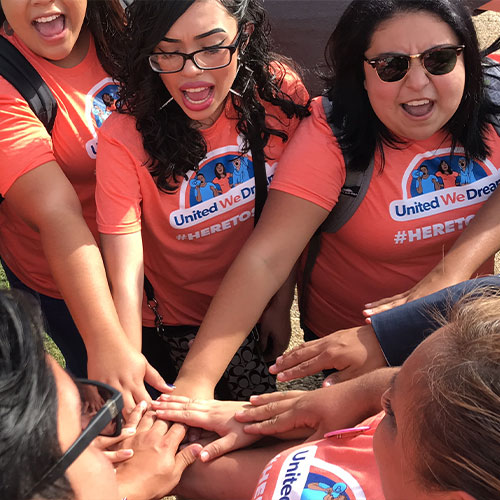Last week, my 81-year-old grandmother went to her city’s downtown multiple times to run errands and it really upset me because she wasn’t taking the threat of this pandemic seriously. This led to a tough conversation about her safety and what we could do to insure she stayed home over the next few weeks. If you’re experiencing this with your older loved ones, here are some tips on how to talk to them about the COVID-19 pandemic:
- Share a FEW, trusted resources. Consuming too much news is overwhelming for anyone and we know that not all sources are reliable. Choose 1-2 sources that are sharing updates about the pandemic like the World Health Organization and follow your local news channels to get the latest regulations in your city.
- Explain that older individuals are more susceptible to contracting COVID-19. The CDC has warned that older adults and people with serious chronic conditions like heart disease, diabetes, and lung disease are at higher risk. Share the recommendations from the CDC with your loved ones that fit into these categories and calmly explain how this could impact them.
- Make a plan for your loved ones. Make a plan together on how your loved one will tackle social distancing and how you’ll handle someone in your family getting sick. Having a plan can make any situation feel more manageable. The CDC has recommendations on what folks should have handy at home while they’re social distancing at home. If your loved one is feeling anxious about going to stores to purchase items, you could help them make online delivery orders. If they’re starting to feel sick, follow these steps.
- Stay connected. Feeling loneliness from social distancing is real y’all and we can help our loved ones feel more connected by doing daily touchbases, including over the phone and/or using video chat if that’s possible. During this challenging time, we can count on the love we have for our people and ensure the most vulnerable are protected in our communities.
- Treat your loved ones with care. These times are testing our patience and being in lockdown, or worrying about our paychecks will be beyond stressful. That does not mean that we forget about each other’s humanity and take out our frustrations on them. Breathe and proceed with love.
Stay safe and follow us here for more tips and resources, Bruna
TEXT UHEALTH TO 877877









